
“The willow is my favorite tree. I grew up near one. It’s the most flexible tree in nature and nothing can break it – no wind, no elements, it can bend and withstand anything.” – Pink
“Let no one think that flexibility and a predisposition to compromise is a sign of weakness or a sell-out.” – Paul Kagame
The two things that helped me through this ordeal (and other challenges in my life) is flexibility and adjusting my point of view.
Karen touched on this in her insightful comment on my last post (Sunrise – Sunset).
I’ve had the view point thing down for some time, but flexibility became my new best friend when dealing with Dave and all his treatment, how he was feeling hour by hour.
I’m a logistics queen. I can map out a plan that has everything choreographed to the last step. I’ve learned through all of this, that just because I can, doesn’t mean I should. I’ve learned to take things slower and allow for flexibility in the plan. I no longer fill the days or time away with every possible thing like a train schedule. I do it if it is needed, but if it’s not, I have found I can be more vague, more general, and willing to completely change from our original plan – happily. Instead of coming away with all the things we didn’t do, I come away with all the things we did, how much I enjoyed them, and we’ll just go back and pick up some of the other stuff some other time – or not.
“The world is bad but not without hope. It is only hopeless when you look at it from an ideal viewpoint.” – Friedrich Durrenmatt
When you can couple the ease of changing your point of view with an ability to be happily flexible… well, let’s just say, you are one of the ones who enjoys the scenery along the detours of life! It’s a really good place to be.
Like many things, it too needs balance. You do need to stay focused on whatever it is that needs to get done and not be a total tumbleweed!!! But in the context of your focus, being willing to allow things to proceed in ways you might not have anticipated predisposes you to a certain serenity. It calms all those around you.
“As you change your point of view, your views bring about a change in you.” – George Alexiou
I remember when Dave would expend a lot of energy to get out of bed and come to me in the living room of our little home away from home in Arkansas to apologize to me for sleeping so much. He was genuinely distressed about it. I remember telling him, “No. You are doing exactly what you need to be doing. Your body has been ravaged and it needs to rest, and rest, and rest. I’m fine. I have everything I need to keep myself busy and I’m good.”
I remember one day we needed to stay longer at the infusion center as they wanted to get Dave something more and it needed to be prepared in the pharmacy and the nurse was apologizing. It meant we had to wait and be there longer than we already had. I said, “Hey, we’re fine. There is nothing more we are doing in our life than this. Whatever he needs.” She looked at me and said, “Most people get upset.” I smiled, “Well, maybe they’re locals and they have a life outside of this. We are from far away and this IS OUR LIFE right now.” We both chuckled. It made no difference to me, really. Dave was comfortable and I had stuff to do. Plus it was a way to meet people and socialize a little bit. And Dave was being monitored if I needed to run out and make a phone call or run to the grocery store (OR THE YARN SHOP!). In the apartment it was just the two of us and one of us was asleep. 
“There are things I can’t force. I must adjust. There are times when the greatest change needed is a change of my viewpoint.” – Denis Diderot
I had well meaning friends who would comment on how sad it was that we were spending Thanksgiving, Christmas and New Year’s in a Little Rock cancer center. I responded, “I actually feel quite blessed that we are using this time to heal Dave.” I meant it. I really did feel it was our gift back to us, our children, our life. Nothing was more important to me. Days, Anniversaries, Holidays… while they are acknowledgements of the love of family, friends, country, we were doing what we needed to do to have them in the future. To me, they were windows of opportunity for Dave to be away from work and receive his treatment because everyone else was off doing those things! (Remember Dave was 6 months into a new job when he went to the hospital and was our breadwinner. Getting him through Total Therapy in Arkansas and keep his job and income was paramount to our financial survival.)
“There are no guarantees. From the viewpoint of fear, none are strong enough. From the viewpoint of love, none are necessary.” – Emmanuel Teney
Nick van Dyke talked about his goals. When he found out he had Myeloma, began to understand what it was, he sorted out what he wanted, what he wanted his outcome to be. He had babies at home. He wanted to be there for them. He wanted to fight, and he wants to win.
When I talk to someone newly diagnosed, I try to help them to figure out what their treatment goals are. This isn’t always easy when you are spinning around in a tornado with the sound of freight train heading for you! But it’s important. With treatment protocols still being debated, you have choices and those choices are difficult from a medical perspective, so for you the patient/caregiver, you need to look at them more in a QOL perspective, insurance, ease of travel, other health issue complexities, along side your hopes regarding your outcome. These will help you to tease out the best possible place for your treatment.
It’s amazing to me how different we all are in this regard. I will meet some who fervently want to “beat this thing!” And others who just want to be comfortable and hope they get another 5 years. Both are perfect choices for each of them in their own particular set of circumstance.
“The boldness of asking deep questions may require unforeseen flexibility if we are to accept the answers.” – Brian Greene
Flexibility is important not just in the day to day grind of treatment and caring, but also in your estimation of what is needed in the treatment course you choose. Being willing to open yourself up for all the possibilities as overwhelming as that may seem. It is ever-changing. What was available when we started vs. now, and viewpoints of physicians and researchers continues to be quite fluid. What I thought then and what I think now has changed. What I have hoped for never has deviated.
So as you negotiate before treatment, during treatment, post treatment and putting your life back together – carry these principals of flexibility and view point with you. Keep working on them. Be flexible in life, your attitudes. You will find it really does put you at CAUSE instead of EFFECT – which is quite powerful. In fact I would venture to say, that Dave and I feel more in the driver’s seat of how we feel, than we ever have. Weird uh?










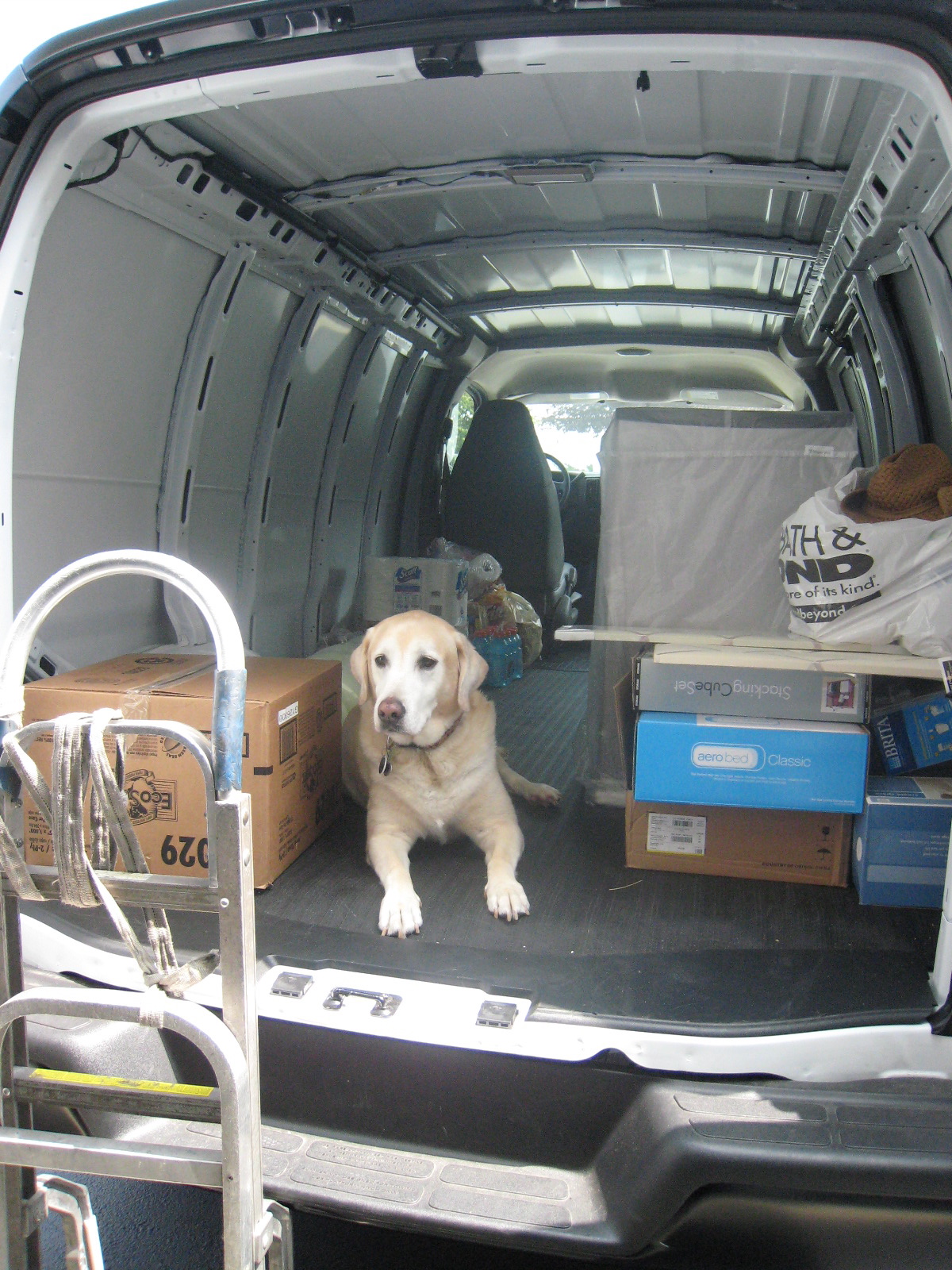


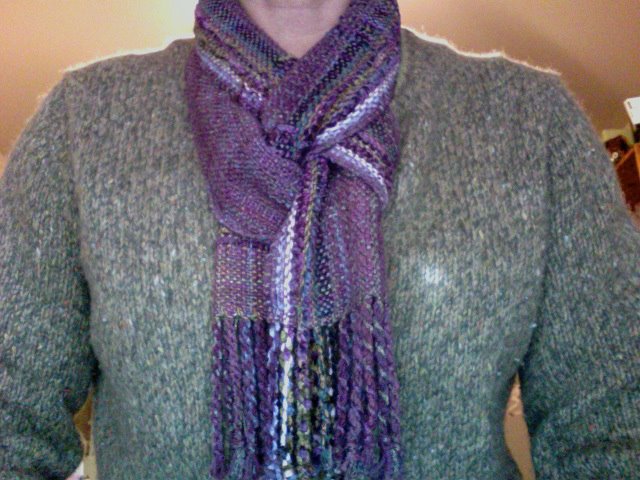
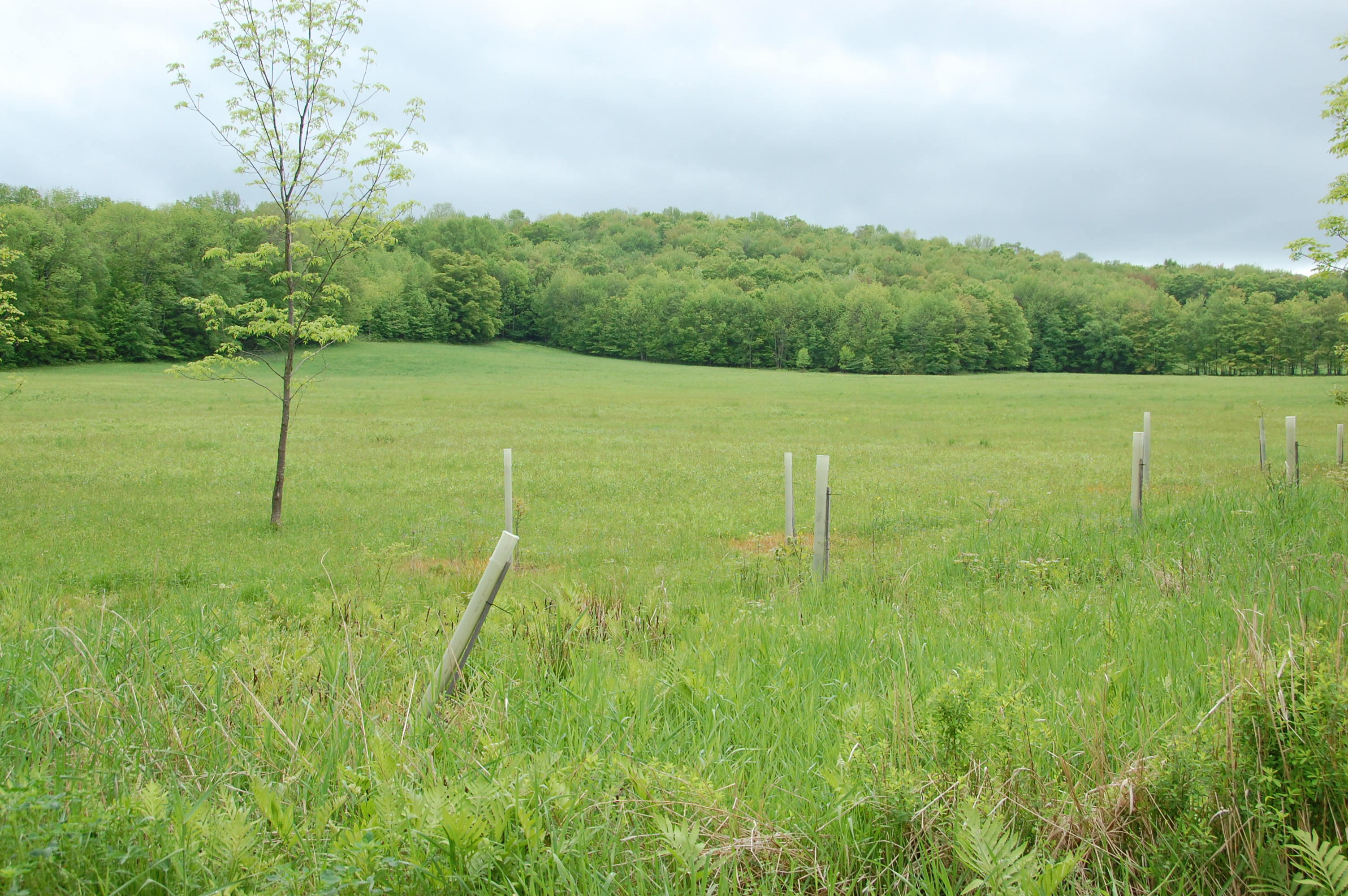

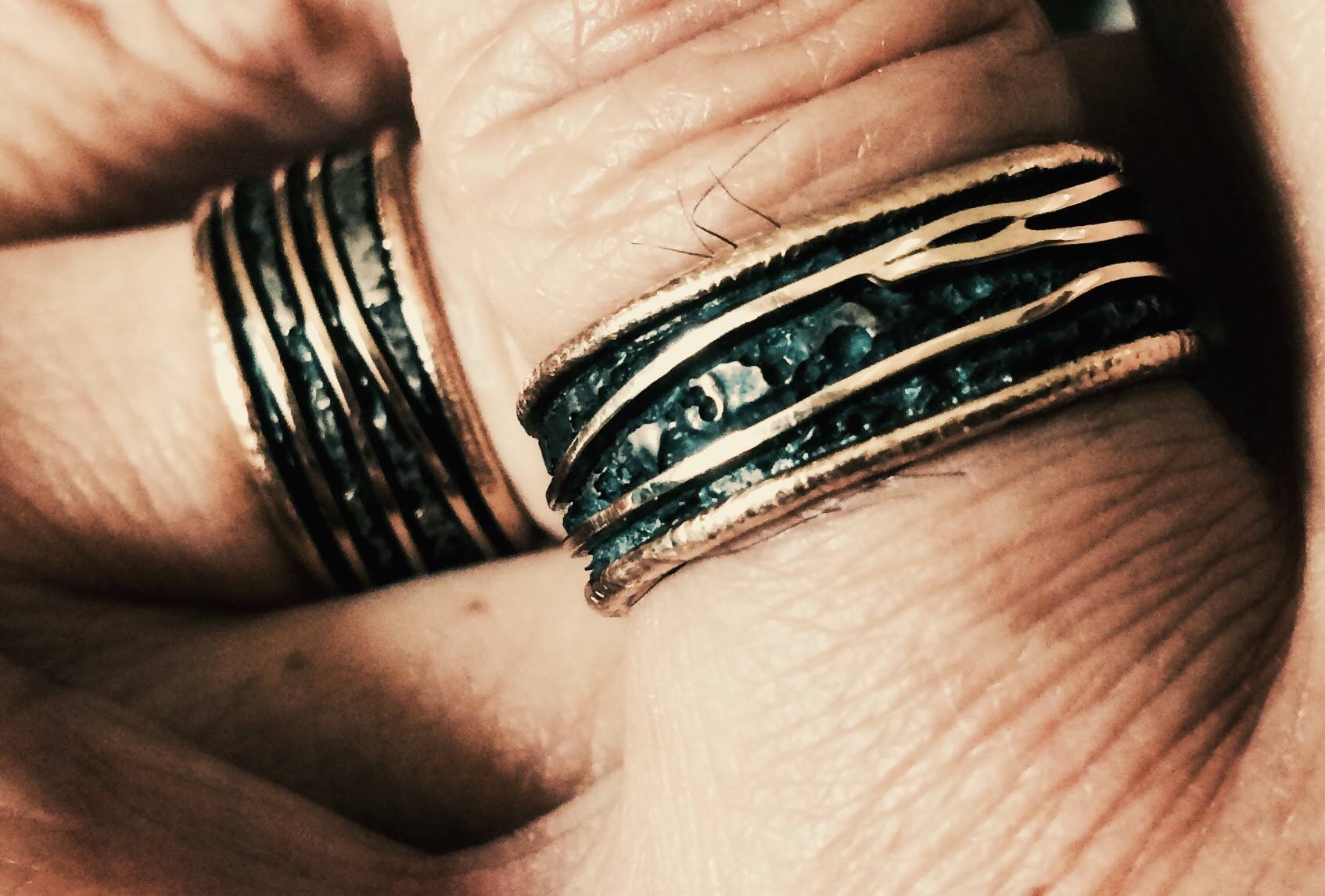
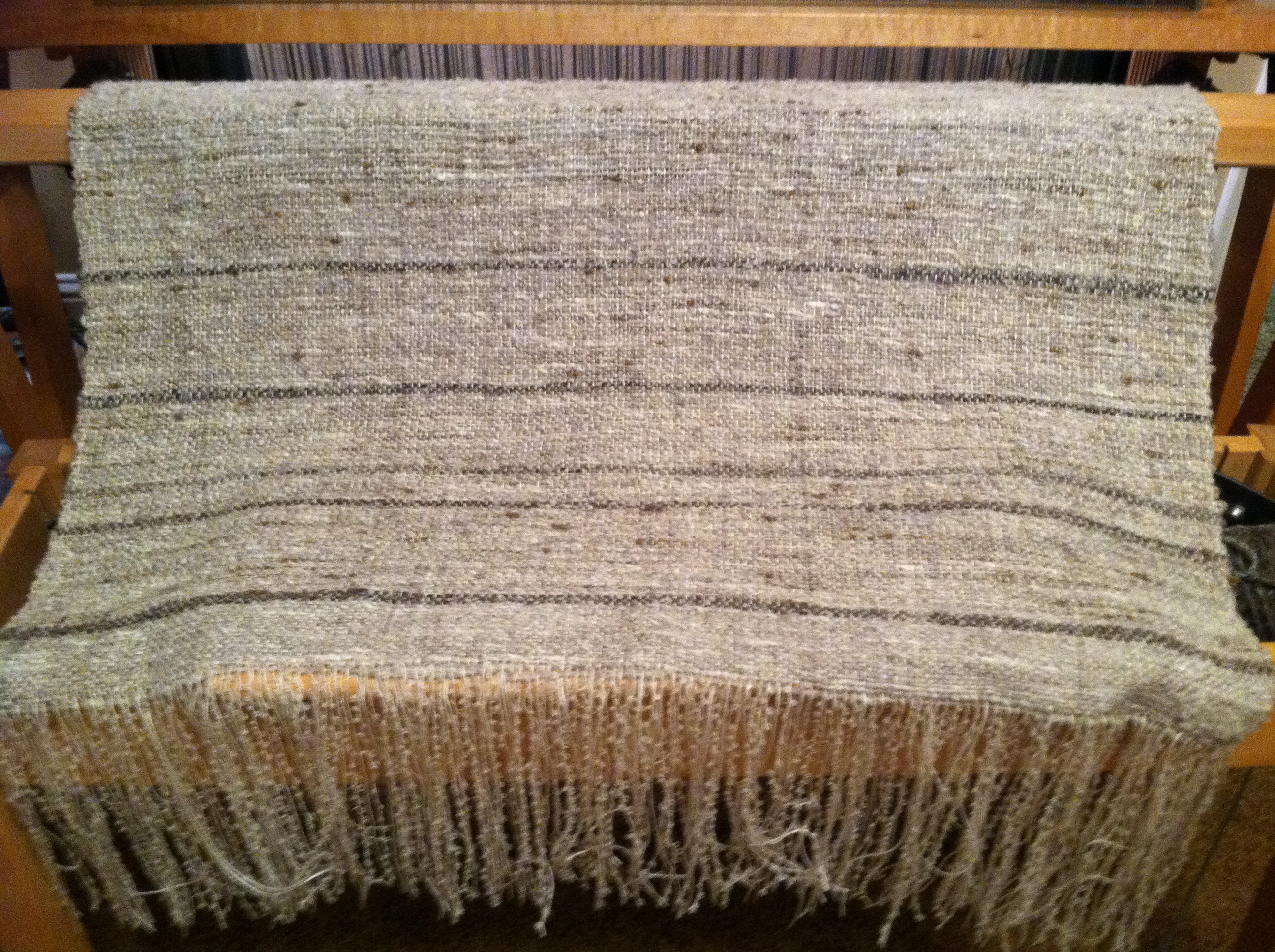
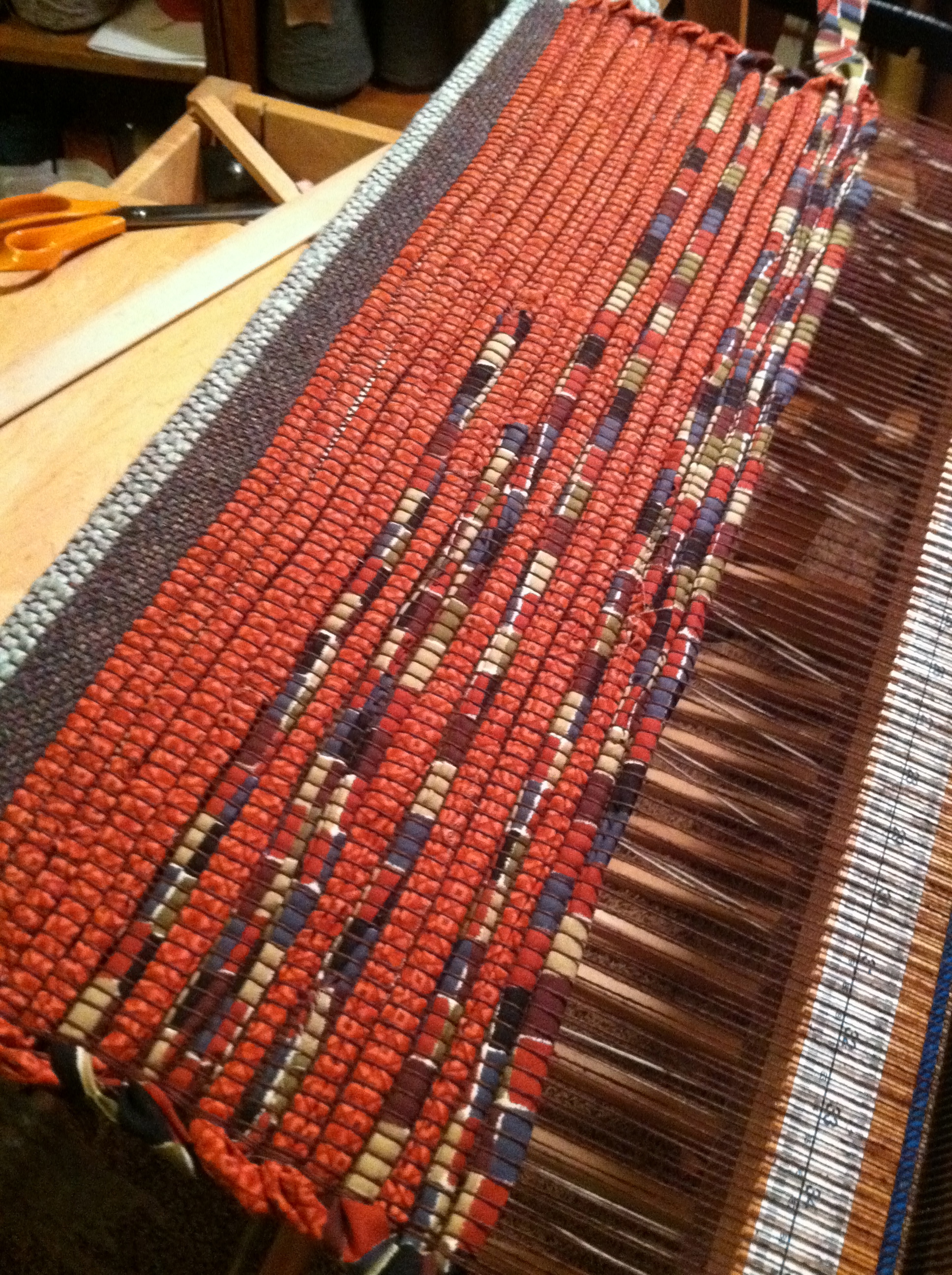



So what do you do if it’s the patient that is not flexible? It seems that every time my husband needs a blood transfusion or some extra IV hydration or a prescription to bring down his potassium level, he gets angry and depressed. For me, I look at it as a means to him getting better and try to accept it as graciously as possible. I try to understand it from his point of view but I know that is really impossible. I can’t even remotely imagine how he is feeling unless I’m in his shoes. But I do know that I tend to be a positive person while he is usually more negative. And I guess it all falls back to what our attitude is. Do we want to fight the process or work together as a team to a final goal? Too often I feel that I’m fighting this battle alone.
Another great contribution Karen. Thank you. BTW, I have friends who read my blog who look forward to your comments as much as reading my post! Thank you always for your continued insight and sharing your take on topics that I write about Karen. Hugs to you and Hugh!!!!
dear lori,
what a gift it is to have flexibility. some of the most misery in life -with realtionships, in the workplace, in our own personal agendas – stems from the hard and fast ideas that imprison and hold us back from embracing change. some people just seem to easily “go with the flow”; others seem to go kicking and screaming against anything they perceived as just too new fangled. i really like what you said about being able to be flexible, as it pertains to the journey MM patients and caregivers take, making the difference between being more “cause” than “effect”. and it’s true – that if patients and caregivers are more prone to being flexible, they probably are also more able to spot medical professionals who are not at the top of their game, therefore unable to offer up to date and effective treatments and other interventions. we do not want doctors who raise an eyebrow when challenged by our questions. we may not always be right, but we want someone who will be willing to at least be engaged in the dialogue we wish to pursue. another great post, my friend! love and hugs, karen
‘